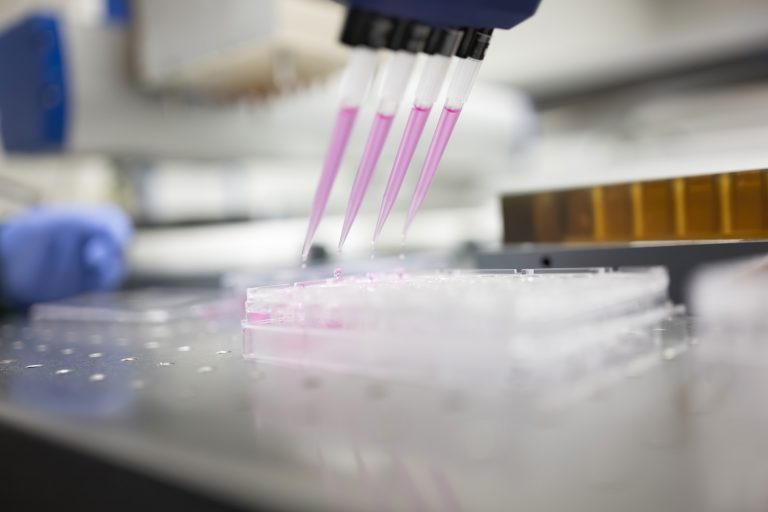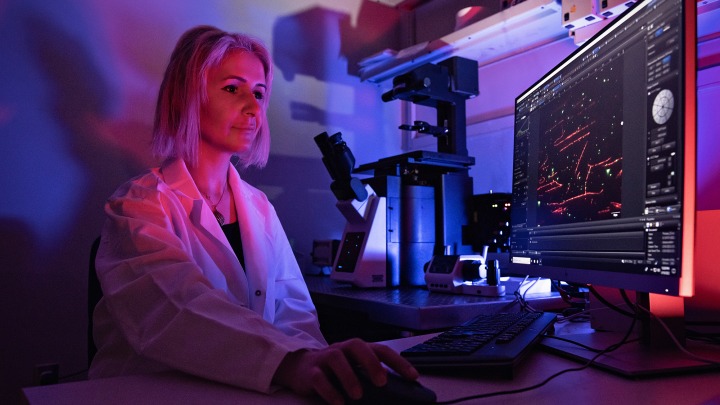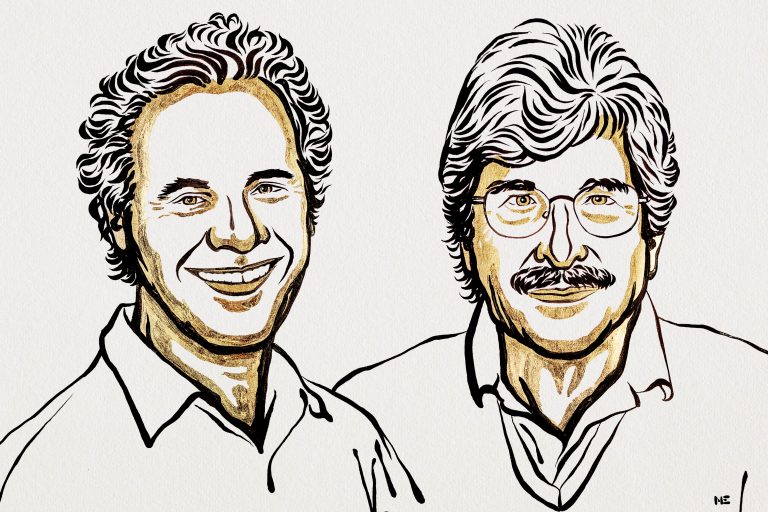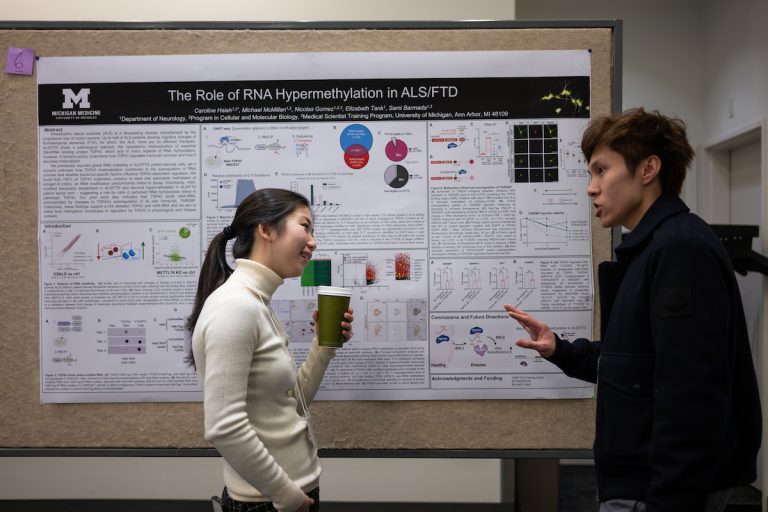Similar Posts
Koutmou and Koutmos results published in the Proceedings of the National Academy of Sciences (PNAS)
A University of Michigan team of biochemists, led by Kristin Koutmou, Ph.D., and Markos Koutmos, Ph.D., Assistant Professors in the Department of Chemistry and Department of Biophysics, is reframing the understanding of the biology of a class of enzymes called Pseudouridine Synthases (Pus enzymes). These enzymes modify many types of RNAs, and the Koutmou and…
RNA Innovation Seminar Series
The Center for RNA Biomedicine offers bi-weekly RNA Innovation Seminars that feature visiting professors, U of M faculty, and students. The seminars cover a broad array of topics about RNA research and its application. In addition to learning about the latest research in the field, it is an opportunity to meet colleagues, network, and foster…

U-M Researchers Collaborate on $3 Million Grant to Treat Rare Forms of Cystic Fibrosis
Center RNA Therapeutics Director Michelle Hastings, and faculty members Rachel Niederer and Alexandra Piotrowski-Daspit address the need for new treatment strategies, and the subsequent barriers that must be overcome for success, by working together as an interdisciplinary team with unique expertise in CFTR physiology, designing RNA therapeutics, identifying targetable regulatory sequences, and developing engineered delivery…

Dr. Michael Cianfrocco and a team of U-M researchers discover new mechanisms used by HIV to infiltrate cells
Pictured above: Somaye Badieyan, Ph.D., Assistant Research Scientist, Cianfrocco Lab, Life Sciences Institute.Photo by Leisa Thompson Photography, provided by the U-M Life Sciences Institute. Center for RNA Biomedicine affiliate faculty Michael Cianfrocco, Ph.D., found that HIV is a much more cunning hijacker than previously theorized. In a new study, Lead Principal Investigator Dr. Michael Cianfrocco…

RNA science front and center at the 2024 Nobel Prizes
Author | Paul Avedisian It would seem that the Nobel Foundation has RNA firmly on its radar, or is that “R-N-A-dar?” In 2023, the Nobel Prize in Physiology or Medicine was awarded to Katalin Karikó and Drew Weissman for their groundbreaking work mitigating the inflammatory response to mRNA, paving the way for rapid development of…

Poster Session || 8th Annual Symposium
The 8th Annual Center for RNA Biomedicine Symposium will be held on March 8, 2024. As in years past, we will have an opportunity for trainees to present their work in the form of a poster session midway through the day. In addition, and new this year, each presenter will have the option of participating…
